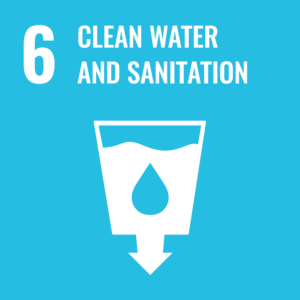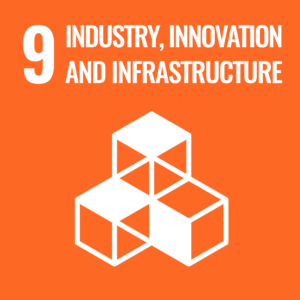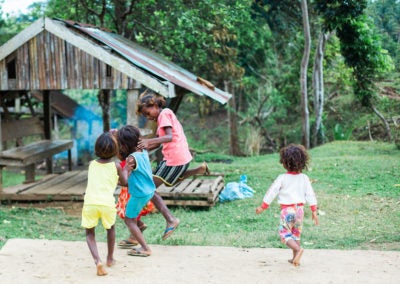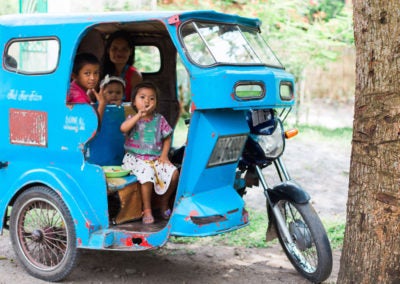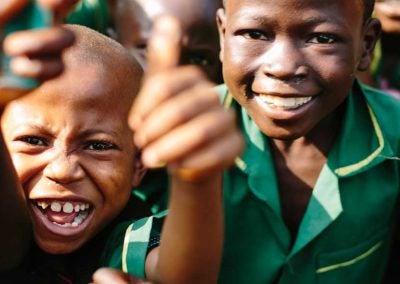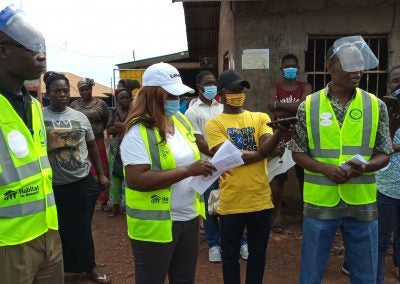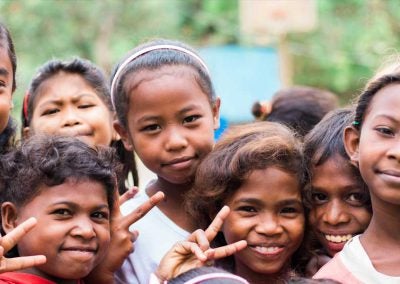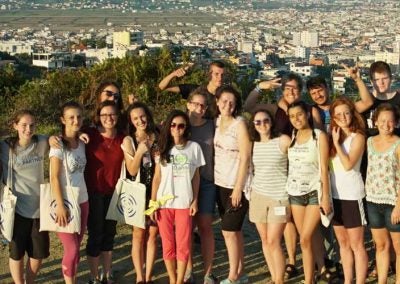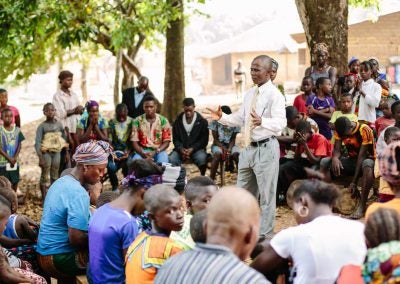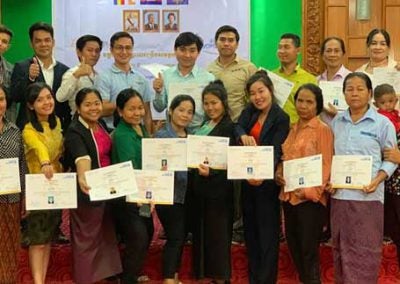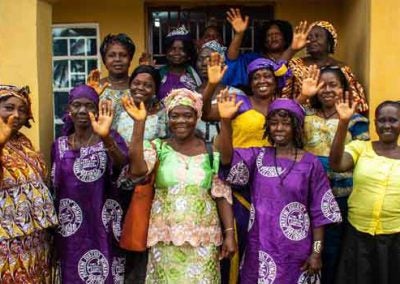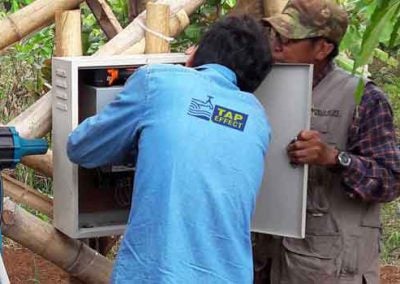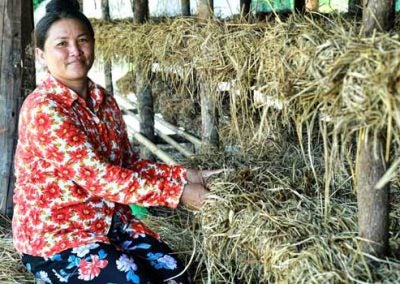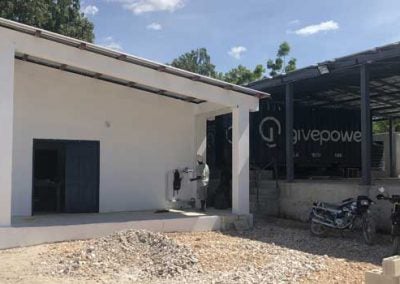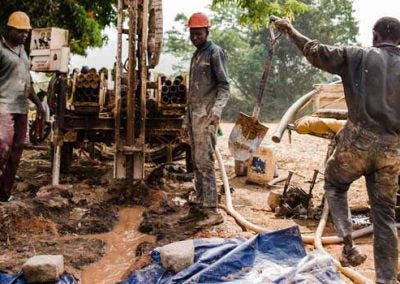Clean Water Wells
Clean water is a holistic issue. It affects health, safety, education, and economic empowerment—and can change the game for vulnerable communities.
Project Information
Resources
- Related blogs
- “Because #WaterMatters” Fall 2018 World Hope Live! Newsletter
- Water Matters Infographic
- Clean Water in health facilities Commitment, 2019
- Watch Loa’s Story
Water Matters to Everything
Former UN Secretary-General Ban Ki-moon once stated that more people are killed every year from dirty water than all forms of violence, including war.1 Globally, 785 million people lack even a basic drinking-water service, including 144 million people who are dependent on surface water, and at least 2 billion people use a drinking water source contaminated with feces.2
That’s why we’ve been committed to drilling clean water wells since 2004.
Using local engineering teams, we drill water wells in communities, schools, hospitals, and other public institutions that lack a clean and sustainable water source. Local leaders–women as well as men–are trained to maintain the water source long after the drilling is done.
We also often construct solar-powered water systems for health clinics, providing access to the water needed to properly clean and disinfect facilities. These include a water well, solar panels to generate power for an electric pump, and a tower to store the pumped water—creating the ability to run water piped into a building.
Further, “WASH in health facilities are the most basic requirements of infection prevention and control, and of quality care. They are fundamental to respecting the dignity and human rights of every person who seeks health care,” stated António Guterres, UN Secretary General. That’s why WHI signed a commitment to clean water in health facilities with the Global Health Council and Global Water 2020 in July 2019.
1. UN News 2. World Health Organization
Project Goals
- To drill long-lasting clean water wells in vulnerable communities
- To train communities on how to care for the wells and adhere to WASH standards
- To increase access to clean water around the world
Expected Outcomes
- Increased water and food security
- Improved health in vulnerable communities
- More girls graduating from school
- Significantly decreased risk of gender-based violence for women and girls fetching water
Where We Drill
- Schools
- Village Centers
- Health Clinics or hospitals
- Plantations
Types of Wells
- Hand-pump borehole wells
- Solar-powered borehole well systems
- Electric-power borehole well systems
Water Well Partners
- Rotary International
global beneficiaries of WHI wells since 2004
Water is a basic human right and every person on the face of the earth should enjoy a sufficient supply of quality water. Without water, there is no life.

